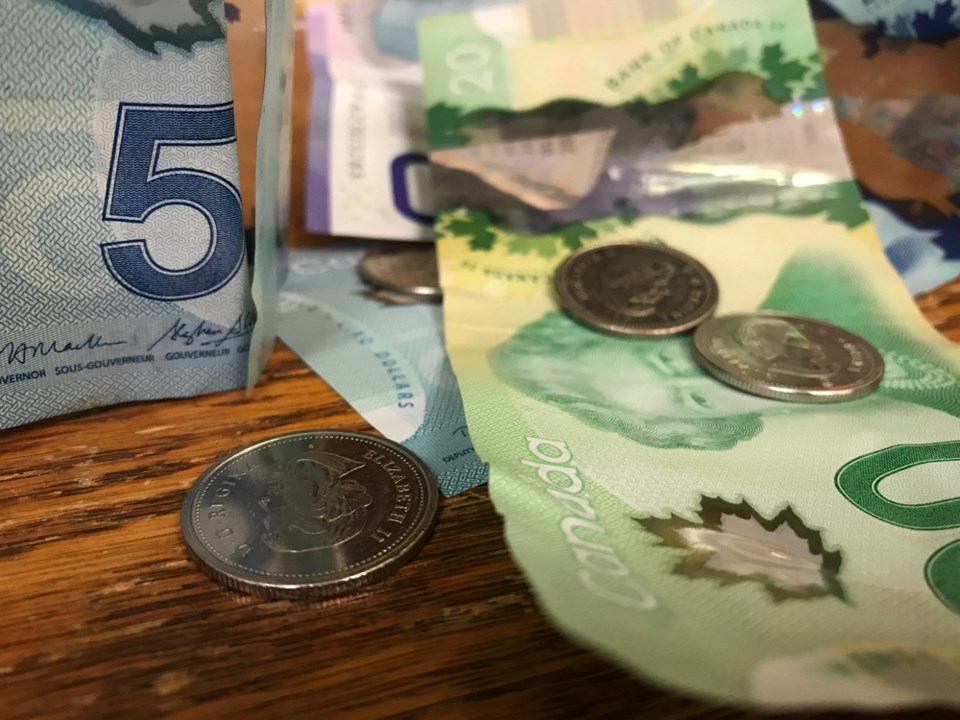Bigger tax credits are on the way this month for low and moderate income-earning individuals and families in B.C.
The provincial government, which is sitting on $5.7 billion of surplus tax revenue, will return some of that in the form of what it calls an enhanced “BC Affordability Credit,” which will be added to the Climate Action Tax Credit this month, according to a government statement Jan. 5.
A family with 2021 net adjusted income of less than $43,051 (or single people who reported less than $36,901) will receive an additional $164 per adult (from $48.38) and $41 per child (from $14.13). The extra credit is gradually reduced to zero once the income threshold reaches $150,051 for a family of two, or $79,376 for an individual (family thresholds move up and down with more or fewer children and are lowered for single parents).
Eighty-five per cent of British Columbians will automatically receive a full or partial credit deposited in their bank accounts on Jan. 5, combined with the federal goods and services tax/harmonized sales tax (GST/HST) credit.
The Canada Revenue Agency advises to wait 10 working days to contact it, if the payment hasn’t been received and the B.C. government warns of potential fraudulent text messages related to these and other tax credits.
A second enhanced credit — the BC Family Benefit (formally known as the Child Opportunity Benefit) — will be deposited on Jan. 20. This is the first of three straight enhanced monthly credits.
The BC Family Benefit is only for families and the enhanced payments target lower incomes only.
The January, February and March payments will include as much as an additional $58.33 per child, for each month. A family with two children will receive as much as $350 from this top-up.
So, adding to the usual credit, a family earning less than $25,806 will get about $191 per first child and $141 per second child. Those amounts are further reduced by 0.33% of the portion of income over $25,806, up to $82,578.
A family earning $82,578 will get the usual base amount, with no enhanced payment — about $108 per first child and $106 per second child. Those amounts are further reduced by 0.33% of the portion of income over $82,578 until it's reduced to zero.
B.C.’s median household income is $82,000, which is roughly two parents earning, on average, $20.50 per hour.
The provincial government says the credits, amounting to $2 billion, are to ease the pinch of inflation on households.
"The winter season often brings extra expenses for people and, with the rising costs we're seeing around the world, it can add stress to already stretched household budgets," said Katrine Conroy, Minister of Finance.
"We know it won't cover all the bills, but hopefully this little extra from the BC Affordability Credit will help take a bit of the pressure off as we head into a new year."
You can see the full details on the government's website.
This article has been updated to clarify deposit date information is Jan. 5, not 13 as previously reported.



